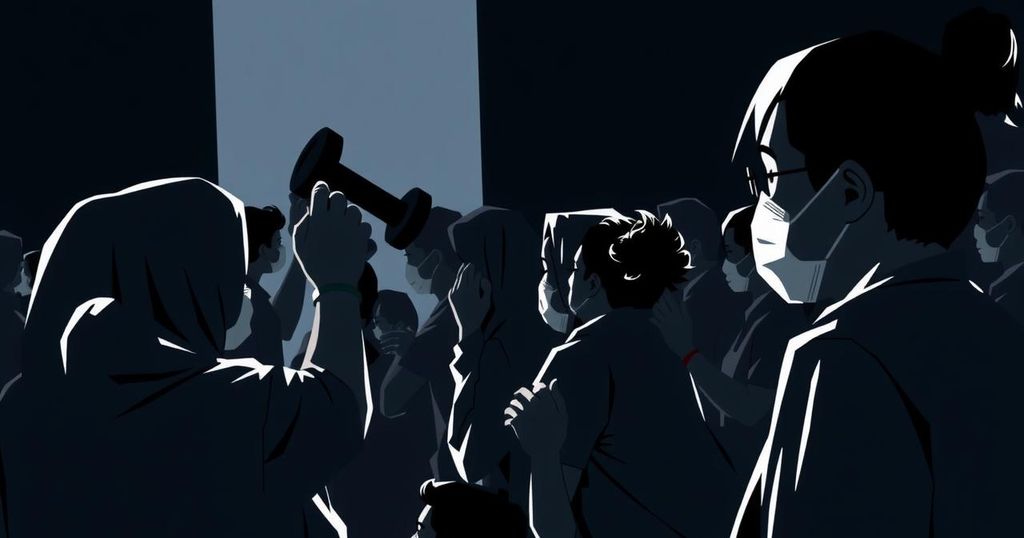The Indonesian government’s proposed legislation to combat sexual violence has sparked significant controversy. Backed by the National Commission for the Elimination of Violence against Women, the bill seeks to redefine and criminalize various forms of sexual violence. However, it has faced backlash from conservative groups, claiming it undermines Islamic values and promotes sex outside marriage. With upcoming elections looming, there are concerns that the legislative process may stall, further delaying protections for victims.
The proposed legislation in Indonesia aimed at addressing sexual violence has become a contentious issue, eliciting significant opposition from conservative groups who allege the bill contravenes Islamic values and prioritizes women’s rights excessively. The Draft Law on the Elimination of Sexual Violence seeks to redefine sexual violence, incorporating forms such as sexual harassment and forced prostitution, which are not adequately addressed under current laws. Amidst an intensifying online backlash, an initiative prompting parliament to reject the draft has gathered nearly 150,000 signatures within a fortnight. According to critics, the proposed bill appears to legitimize consensual sexual activities outside of marriage, raising alarms regarding potential implications for societal norms. The National Commission for the Elimination of Violence against Women, which has been working on this bill since 2014, is concerned about potential delays in the legislative process due to the upcoming elections. They emphasize the necessity for comprehensive measures to combat violence, as the statistics indicate that a concerning majority of reported sexual violence incidents occur within intimate relationships. Opposition to the bill is widespread; several political parties and local leaders have voiced their disapproval, asserting that the draft is excessively progressive and threatens traditional family values. Grassroots organizations, such as GiGa Indonesia, are also rallying against the legislation, arguing that it misunderstands the dynamics of family rights and responsibilities. While advocates recognize the startling rise in sexual violence cases and the inadequacies of the current Criminal Code, they remain skeptical about the broad definitions included in the legislation, fearing misinterpretation could exacerbate societal issues related to sexual behavior and relationships.
The issue of sexual violence in Indonesia has garnered increased public attention in recent years, propelled by alarming statistics and high-profile cases. The National Commission for the Elimination of Violence against Women has reported a rise in instances of sexual violence, particularly within private spheres. The draft legislation emerged as a response to systemic inadequacies in dealing with such crimes and aims to establish a more supportive framework for victims. However, it has coincided with Indonesia’s sociopolitical climate, where conservative religious views play a significant role in public discourse, leading to tension around issues of gender rights and individual freedoms.
The proposed Draft Law on the Elimination of Sexual Violence in Indonesia stands at a critical crossroads, reflecting the complex interplay between efforts to promote women’s rights and conservative societal values. As opposition grows, underscored by widespread petitions and public debate, the future of the legislation hinges on navigating these deeply rooted cultural sentiments while addressing the pressing need for legal reform to protect victims of sexual violence. Ultimately, the discourse surrounding this bill illustrates broader tensions within Indonesian society regarding gender equality, human rights, and traditional values.
Original Source: www.aljazeera.com






